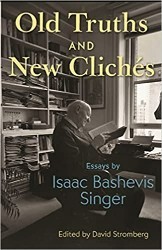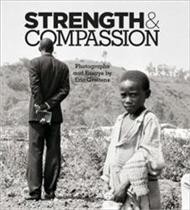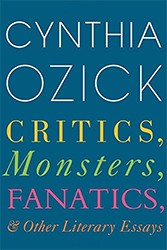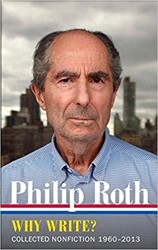The Kraus Project has its origins in the literary interests and educational development of Jonathan Franzen. Well before he became an accomplished American novelist, Franzen studied in Munich on the Junior-Year-Abroad program from 1979 – 1980. After graduating, Franzen furthered his German studies in Berlin as a 1981 – 1982 Fulbright Scholar. During this time, the young Franzen immersed himself in the writing of the Austrian journalist-satirist-polemicist Karl Kraus (1874−1936). Franzen “fell under Kraus’s spell,” and he began his ambitious “project” to translate Kraus’s difficult and “deliberately opaque” prose into English. The young American pursued his Kraus translation on and off during subsequent years. Finally, he returned to it with more sustained effort, and completed the book “project” in the fall of 2012.
What we have now is a dual language volume containing two of Kraus’s German essays, written in 1910 and 1912, accompanied by Franzen’s English translations. The book also includes Kraus’s afterwords to one of the essays, and a brief poem written shortly before his death. In addition to his English translations, Franzen provides copious annotations on Kraus as well as his own self-reflexive ruminations. To complete this intricate tapestry, Franzen inserts footnotes within his commentary: these involve quotes from such published Kraus scholars as Paul Reitter, Daniel Kehlmann, and Edward Timms. From text to elaborate annotation, such an array of words can be formidable; so this reviewer first took on Kraus and saved the prolonged footnotes for the second course. The subjects for the featured Kraus essays are two writers from the early nineteenth century — the German, Heinrich Heine (1797−1856) and the Austrian, Johann Nestroy (1801−1862). If criticism at its most basic level entails approval or disapproval, Franzen has wisely chosen these specific Kraus essays. In short, Kraus, once nicknamed “The Great Hater,” disdains Heine’s writing while he lavishly praises Johann Nestroy.
The great German-Jewish critic Walter Benjamin (1892−1940) once remarked that Kraus, his Austrian contemporary, was a “possessed man.” In Benjamin’s view, Kraus enacted a crazed “war-dance before the burial vault of the German language” as he tried to uphold pure literary values. Kraus’s self-published journal, Die Fackel (The Torch), embodied this militant effort to separate literary allies and foes. According to Kraus, what is typically insipid about Heinrich Heine is his shallow, middlebrow sentimentality. Indeed, Heine “lives only as a canned youthful sweetheart” who has “so loosened the corset on the German language that today every sales-clerk can finger her breasts.” As opposed to the vacuous, overrated Heine, the under-appreciated Nestroy “liberates language from its lockjaw,” expressing a “true high-spiritedness, for which nothing is profane.” Kraus condemns Heine’s “counterfeit poetry” as a “mere Yea-Saying” which is “passed along by people’s idiocy.” In contrast, Nestroy should surely be celebrated as “the first German satirist in whom language forms thoughts about things.”
Such an intense concern with verbal values is what initially drew the young Franzen to Karl Kraus. He admired the Austrian’s “moral fervor, his satirical rage, his hatred of the media, his preoccupation with apocalypse, and his boldness as a sentence writer.” In his commentary, however, Franzen does at times question some tendencies of Kraus’s critical rage. Born into a wealthy Jewish family, Kraus always accepted his inherited wealth, but in 1899 he renounced Judaism, and in 1911 he secretly converted to Catholicism. Franzen admits that Kraus is prone to haughty and dismissive remarks about “fellow” Jews, writing at one point of the supposed Jewish control of psychoanalysis: “They control the press, they control the banks; and now they control the unconscious, too.” Kraus asserts the “sacred value of the German language,” but even Franzen is troubled by passages “where Kraus’s sputtering rage makes him all but unintelligible.” So perhaps it was Walter Benjamin who best understood the issue of Kraus and posterity: “The honors at his death will be immeasurable, and the last that are bestowed.”





